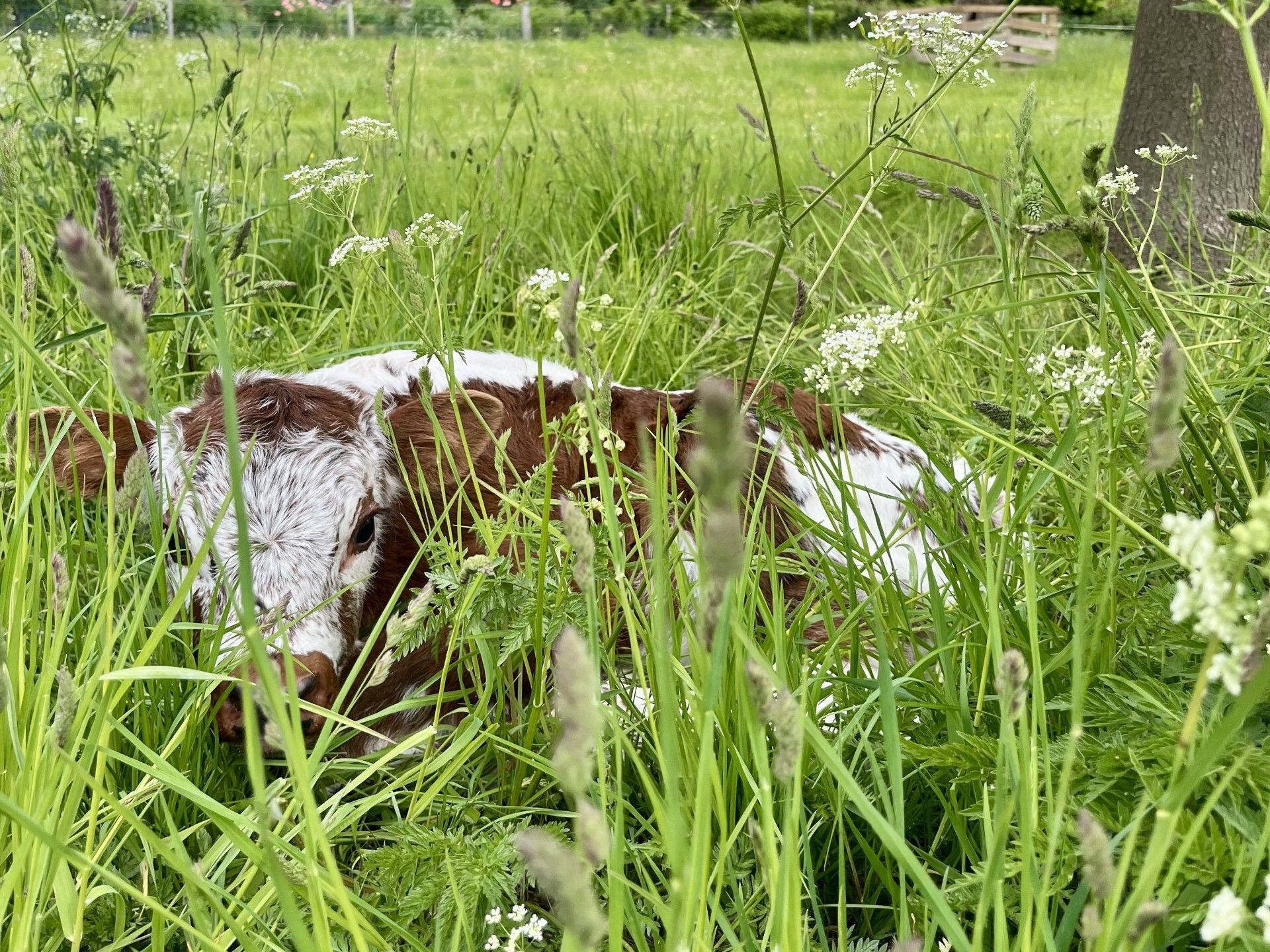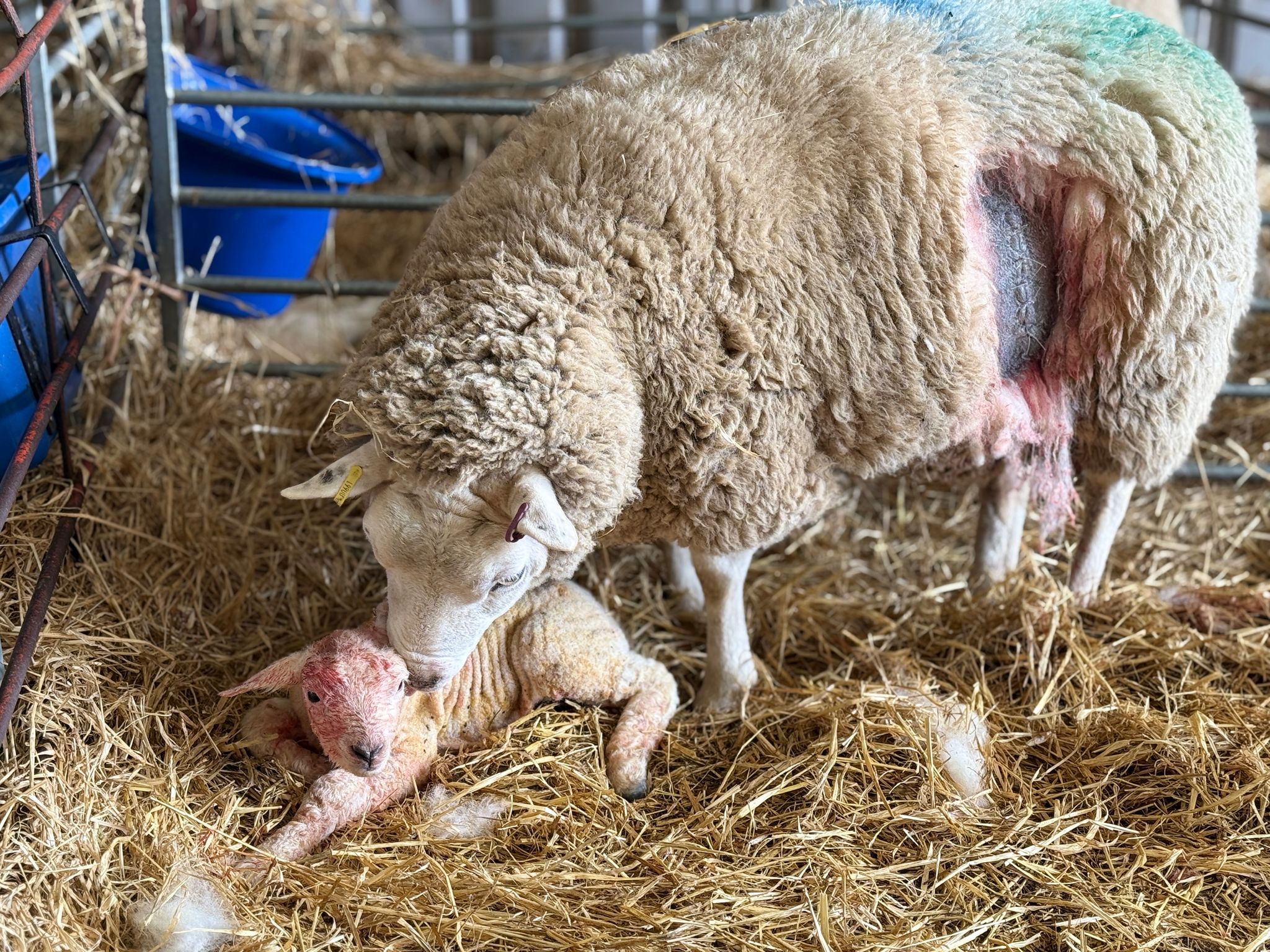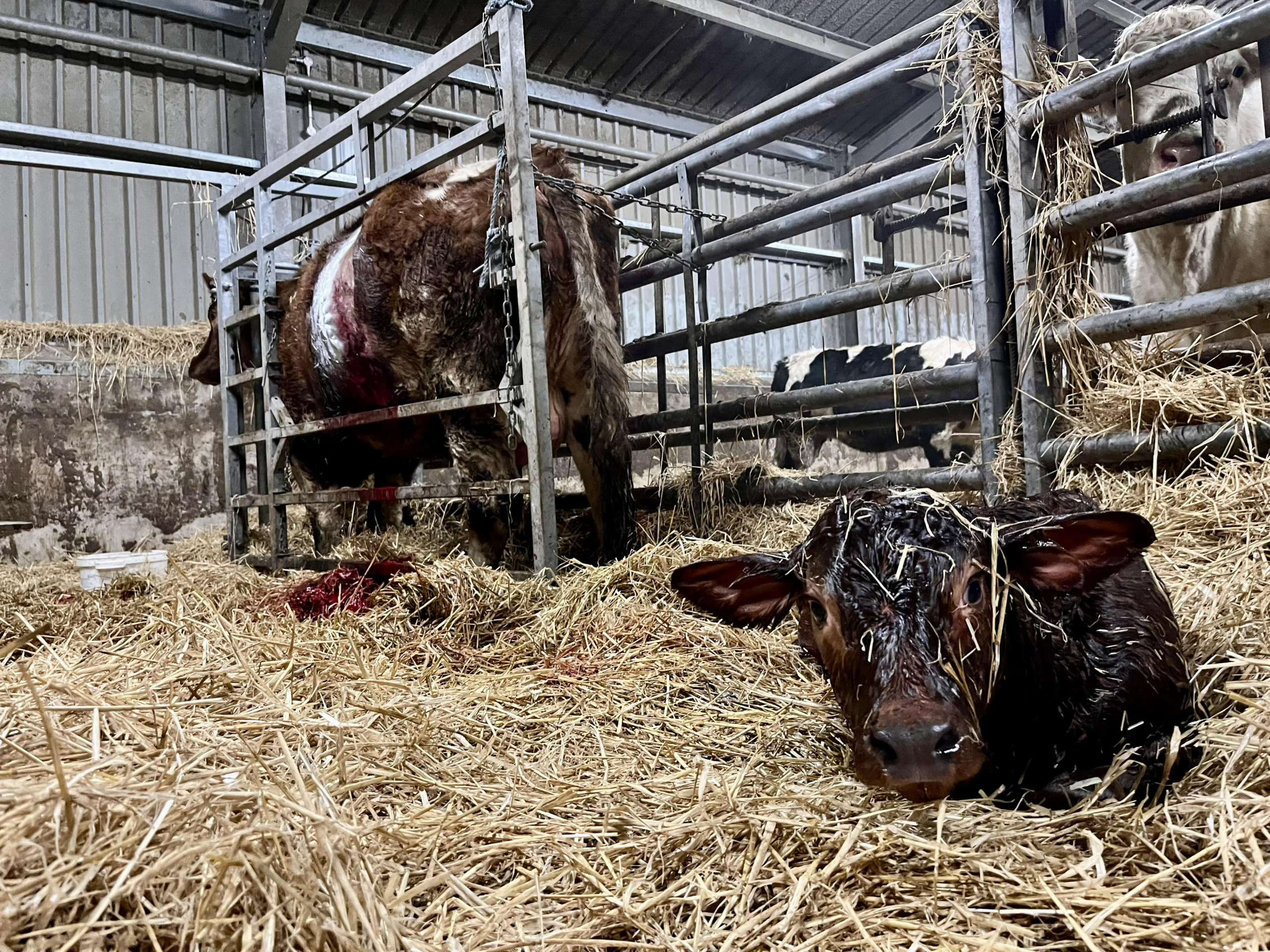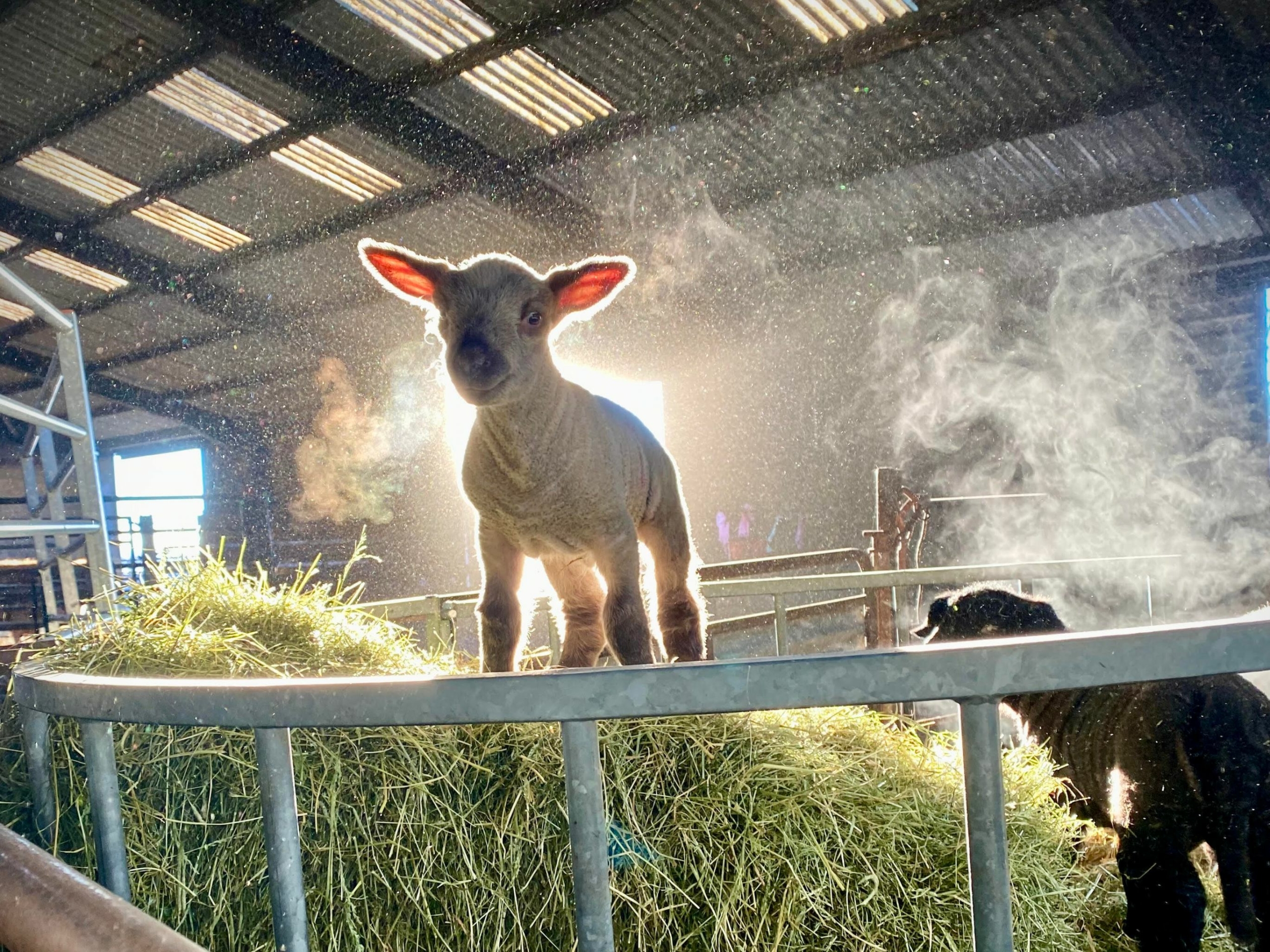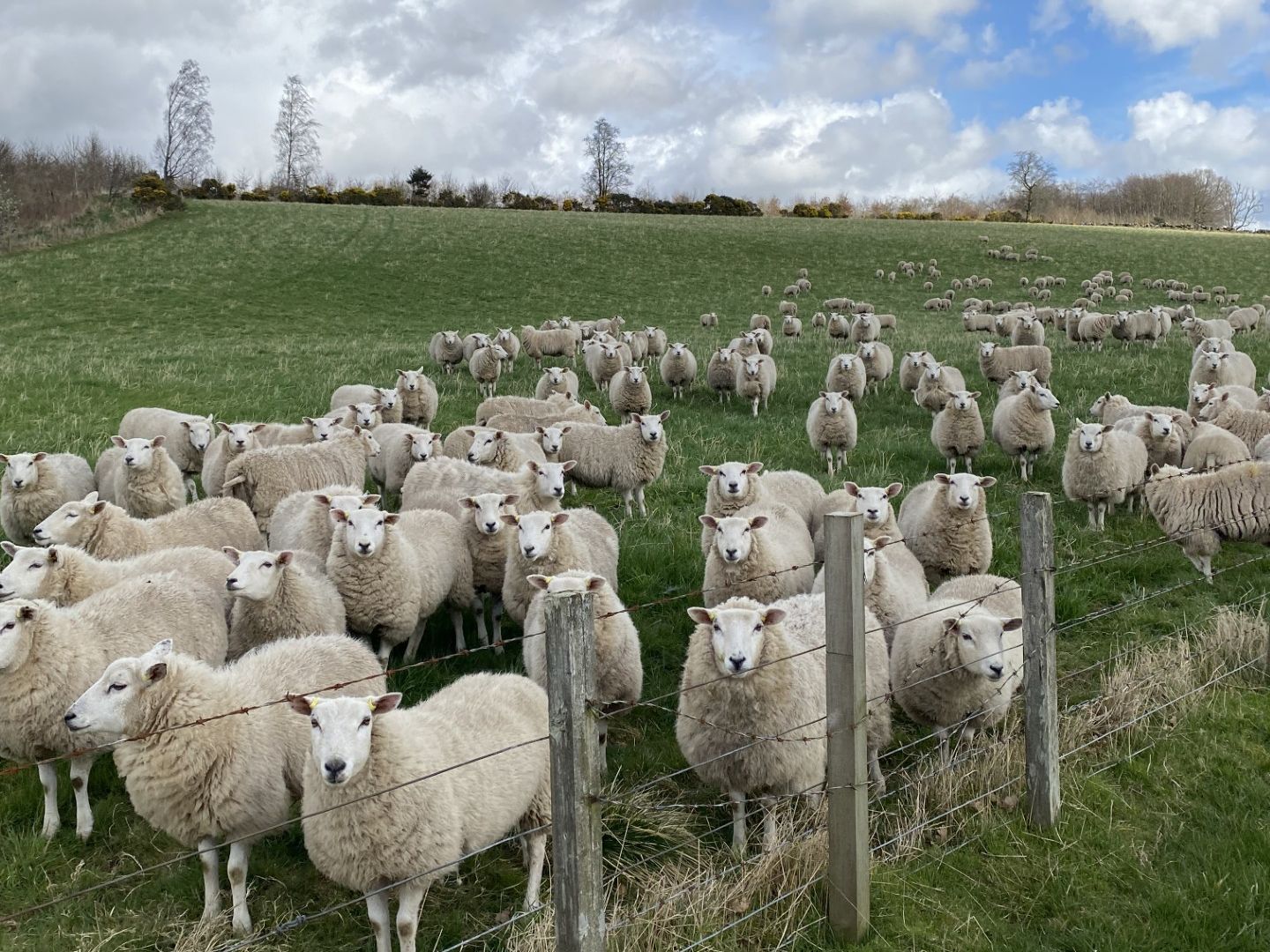Farm Newsletter May 2024
April has seen us busier than usual with C-sections, calvings and the usual seasonal problems. The number of caesars are up significantly on 2023; one theory is that due to the wet back-end of 2023 cows were housed a bit earlier and the quality of silage made last year seems to generally also be very good, leading to some very big calves. If anyone else has any other theories we’d be interested to hear!
The late spring has led to delayed turnout for some herds although a dearth of straw has been forcing the issue. As we move into May we are doing more bull testing and synchro/AI work as the bulling period approaches. Over the next few weeks look out for coccidiosis in spring calves and lambs and nematodirus in lambs and make a plan for summer parasite control. Its also useful to have those cows that aborted, had a hard calving, dead calf, prolapse etc checked over before the mating period to reduce the number of barren cows come scanning time. As always please contact the surgery to discuss ways of enhancing fertility, this is particularly pertinent with details emerging of how basic payments will be made, with cow efficiency and a <410d calving interval the target.
Cottage required; If you have an empty cottage available for rent from the end of July we would be interested for a vet couple joining the practice. Please contact Graeme at the surgery in the first instance.
Nematodirus in Lambs
Nematodirus is the first worm challenge many lambs are likely to encounter. It typically affects lambs over 6 weeks of age, as they start to graze more. Grazing on pasture that had lambs on it last year represents the greatest risk.
Nematodirus is a clever worm as it will overwinter and then hatch ready to infect new lambs “en mass” when temperatures start to rise. As such the timing of this issue will vary year to year, depending on the weather. As we have seen temperatures on the cold side over the last few weeks but a recent rise to temperatures averaging over 10 degrees, coupled with some moisture we would now expect the risk to be starting to increase.
The SCOPS nematodirus forecast is the best way to keep an eye on the risk and is currently showing moderate to high risk in our area. This will likely increase to very high risk in coming days and weeks. The product of choice remains a “white” wormer such as Endospec SC. The latest forecast can be seen by clicking the link below.
https://www.scops.org.uk/forecasts/nematodirus-forecast/
Bull Fertility Testing
With details emerging of how future support payments will be made, getting cows back in calf within the year, or as close to it as possible, is more important than ever. The single most critical factor in achieving this is a fully functional and fertile bull.
We fertility test hundreds of bulls a year, and each year somewhere between 15-20% fail to meet the standards required for full fertility. However, even though we test hundreds of bulls each year, there are very many bulls who are not fertility tested at all – meaning there are likely to be dozens of bulls out there within the practice area that are not fully working, and therefore having a negative impact on pregnancy rates and calving intervals.
A fertility test is not a guarantee of future fertility but it does give assurance that everything is good on the day. We therefore advise testing 6-8 weeks prior to breeding to be as close to the date as possible, but give enough time for treatments or retests if required. As per last year, there is £250 government grant money available towards the cost of bull testing
Turn-out jobs
With turn-out happening now or imminently for many it is worth going through a quick health check-list to ensure best performance through the grazing season ahead.
- Dehorning and castrating. Get this done before flies appear. If not it’ll have to wait until the calves are much bigger and it’s a riskier and more painful procedure (for man and beast!).
- BVD test. Many peoples BVD test is due pre-turn out. Make sure yours is up to date before turning them out and having to get them back in to test!
- Bull fertility. As above, ensure bulls are fully fertile before getting turned out with the cows.
- Vaccinations. Each farm will have a specific vaccination protocol, but if primary courses of IBR or BVD are due for heifers, or boosters are due for adults, ensure this is done.
- Feet. Attend to any lameness or over-growths before turning out to grass.
- Problem cows. Any cows that had a bad calving, prolapse, caesarean, retained cleansing etc should be checked and scanned for uterine health. It may be that treatments can be given to ensure they stand the best chance of successfully breeding again.
- Synchronise late calvers? Any straggler cows can be enrolled in a specific synchro programme to try and bring their calving date forward and not fall off the cliff of not getting in calf before the bulls are taken out again.
Are you following us on social media?
Are you aware we have a farm specific Thrums Facebook and Instagram page? We try and use this page for disease alerts, brief updates and sharing cases and news from the farm side of the practice. Please give us a follow to keep in touch, just search “@thrumsvetsfarm” on either platform.
Teaching cases for Glasgow University
Glasgow university are always on the look out for interesting teaching cases for their students and always appreciate “donations”. These are likely to be chronically unwell animals that are unlikely to be sale-able or productive for you; a recent example was a stunted “dwarf” calf. The animals should be fit enough to transport and the university are usually happy to swap them for a small donation.
If you come across any potential candidates then please feel free to discuss with one of us.
Barren ewe checker
As lambing comes to a close, it is worth rounding up any ewes who aborted or failed to lamb despite being scanned in lamb. For flocks not vaccinating for either Toxoplasma or Enzootic Abortion, there are free lab fees available to check for these things. This is well worth taking advantage of to help prevent more catastrophic problems next year (as several farmers did this year!).
Please give us a call to arrange blood sampling.



